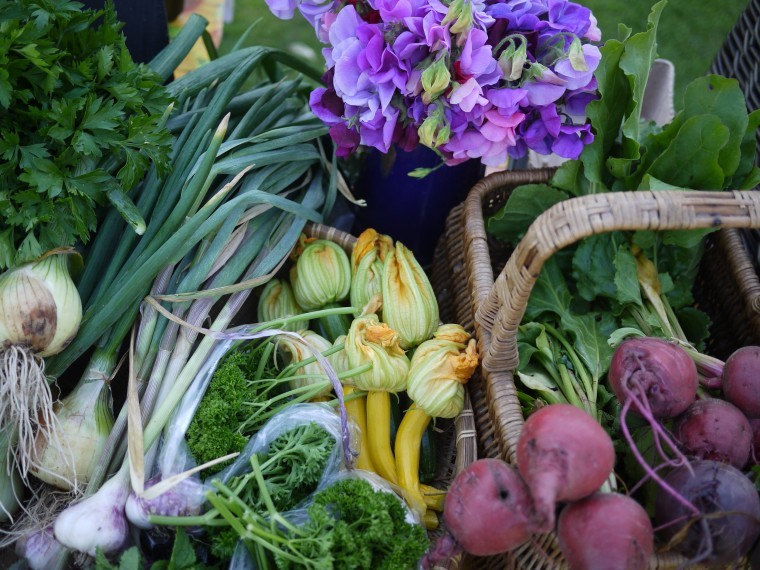High land prices and the planning system are big barriers for those who want to make a start in farming. But the Ecological Land Co-operative (ELC) based in Lewes, East Sussex, is hoping to raise up to £340,000 to develop six more plots of land in addition to the six it already has in Devon and East Sussex. Three of the next plots may be in Somerset, where there is huge demand from people who want to have a farm.
At the same time, ELC is seeking planning permission from Wealden district council to establish three affordable residential smallholdings for new entrants to farming on the ELC’s 7.5 hectare field in the village of Arlington, East Sussex.
ELC already has a loan facility from a charitable foundation to by land. “Most of the money we are raising will generate working capital to put infrastructure on the plots and then we sell them to recoup the cost of what we are doing,” said ELC’s operations manager, Sonia Sinanan. About £130,000 has already been invested in the three smallholdings at Greenham Reach in Devon, all of which have been sold. ELC’s prospectus says that in future, smallholdings will be sold outright for £110,000 but are also avaialble on a 25 year rent to buy agreement for a down payment of £22,000.
“We are pushing the boundaries of what local authorities will accept,” Ms Sinanan explained. “At the Devon site, we went to appeal, and put our case successfully.” ELC is asking Wealden for three low impact dwellings which could be caravans, a barn and other outbuildings.
Most people won’t have enough money to buy or build a house on a small farm, Ms Sinanan added. “Obtaining planning permission for people to live on smallholdings is difficult. The problem for newcomers is trying to earn enough to maintain a house as well as their land because this is not a very high income activity.”
George Dunn, chief executive of the Tenant Farmers Association in Reading, has backed the ELC project. He said that the traditional route into farming via county council smallholdings had become harder as the authorities disposed of their farms. “In the South East, Oxfordshire and Berkshire sold their farms in the eighties, Kent only has a handful and West Sussex and Surrey have some,” Mr Dunn said. “Hampshire is the only one with a big estate of about 60 farms, and these provide a large number of the total dairy farmers in the county.”
Share farming is an alternative to a tenancy, Mr Dunn added. “But that is barely scratching the surface of our ability to deal with the demand. Each week we are inundated with calls from people who want to start farming, and any sensible set of particulars issued by a landlord will attract at least 30 applicants for a far
Mr Dunn pointed out that as well as the ELC, the Earth Trust in Oxfordshire runs a farm as a first step for those who want to make a start. Roly and Camilla Puzey started at the trust’s farm and are now tenants of the National Trust’s 450 acre Saddlescombe Farm in West Sussex.
At the ELC’s three affordable smallholdings in mid Devon, there are five full time jobs in agriculture, and organic produce goes to shops, restaurants and directly to customers. As of November 2016, the smallholders had between them hosted four school visits and 14 educational, open and work days, reaching some 390 participants. About 9,000 kilowatt hours of renewable energy has been generated and site wide improvements have been made in soil health and biodiversity.




